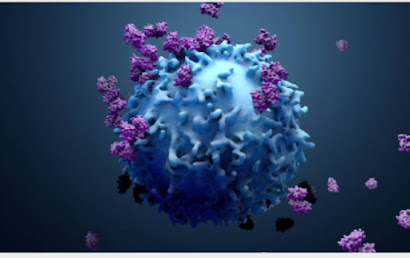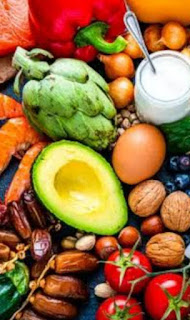ANTIGEN, ANTIBODIES,BLOOD TYPING AND TRANSFUSION
THE ROLE OF ANTIGENS AND ANTIBODIES IN BLOOD TYPING AND TRANSFUSION:
INTRODUCTION:
ANTIGENSTo address this issue properly, I would like to give brief explanation of some of the key words in
the topic. They are (a) Antigens (b) Antibodies (c) Blood typing (d)
Transfusion. A. ANTIGENS: These are proteins or carbohydrates that are seen on
the surface of red blood cell. They are (a) Endogenous antigens (b)
Auto-antigens (c) Exogenous antigens (d) Tumor antigens.
B. ANTIBODIES: Whenever
the body observes the presence of antigens, the immune system would produce
antibodies to fight against such foreign substance. Antibodies are also known
immunoglobulin and her major function is to defend and mark antigens for
neutralization or destruction by the immune system. These are the various types
of antibodies. (a) IgE (b)IgM (c) IgG (d) IgD (e) IgA.
C. BLOOD TYPE: Blood is fluid-like substance
that carries oxygen and nutrient round the body. The various types of blood are
O positive, O negative, A positive, A negative, B positive, B negative, AB
positive, AB negative etc.
ANTIBODIES
D.TRANSFUSION: This is
the given of a donated blood to an individual through the vein using a narrow
tube. Types of blood transfusion, they are (a) platelet (b)Granulocyte (c)
Whole blood (d) Plasma and (e) Red blood cell. ROLES We have to note that the
membrane of each red blood cell contains millions of antigens that are either
proteins or sugars which are not attacked by the immune system. But a situation
whereby an individual receives blood from a donor whose blood contains antigens
that are different from the “self-antigen” the antibodies would mark such
antigen for destruction or neutralization. Thus, it implies that the absence or
the presence of antigens on the surface of the red blood cells determines the
individual type of blood group. The most significant in blood transfusion is
the ABO and RH blood group system. Currently, they are about 43 different blood
group systems of which within it has 345 red cell antigens. One of these
antigens present in the red blood cell is the RH (Rhesus system) which
determines whether one has “– or +” in his/her blood. During blood transfusion,
the person that has “_”type of rhesus cannot accept the person whose blood is
“+” type of rhesus. As soon as this happens, the antibodies would mark it for
destruction since they are not compactible. In conclusion, even when people
have the same type of blood and the rhesus antigen for instance are not the
same, the antibodies would always mark them as foreigners which should not be
accepted during blood transfusion. Note “– and –“ rhesus antigen in the blood
type can go together during blood transfusion while “+ and +” rhesus can also
go together. Even if people have the same “O” type of blood and their antigen
rhesus are not the same, the antibodies would identify it as an enemy. Finally,
“_ _” antigen go together while “+ +” go together during blood transfusion
otherwise antibodies would mark it for destruction or neutralization by the
immune system.
https://youtu.be/IfJVn2EevQE




Comments
Post a Comment